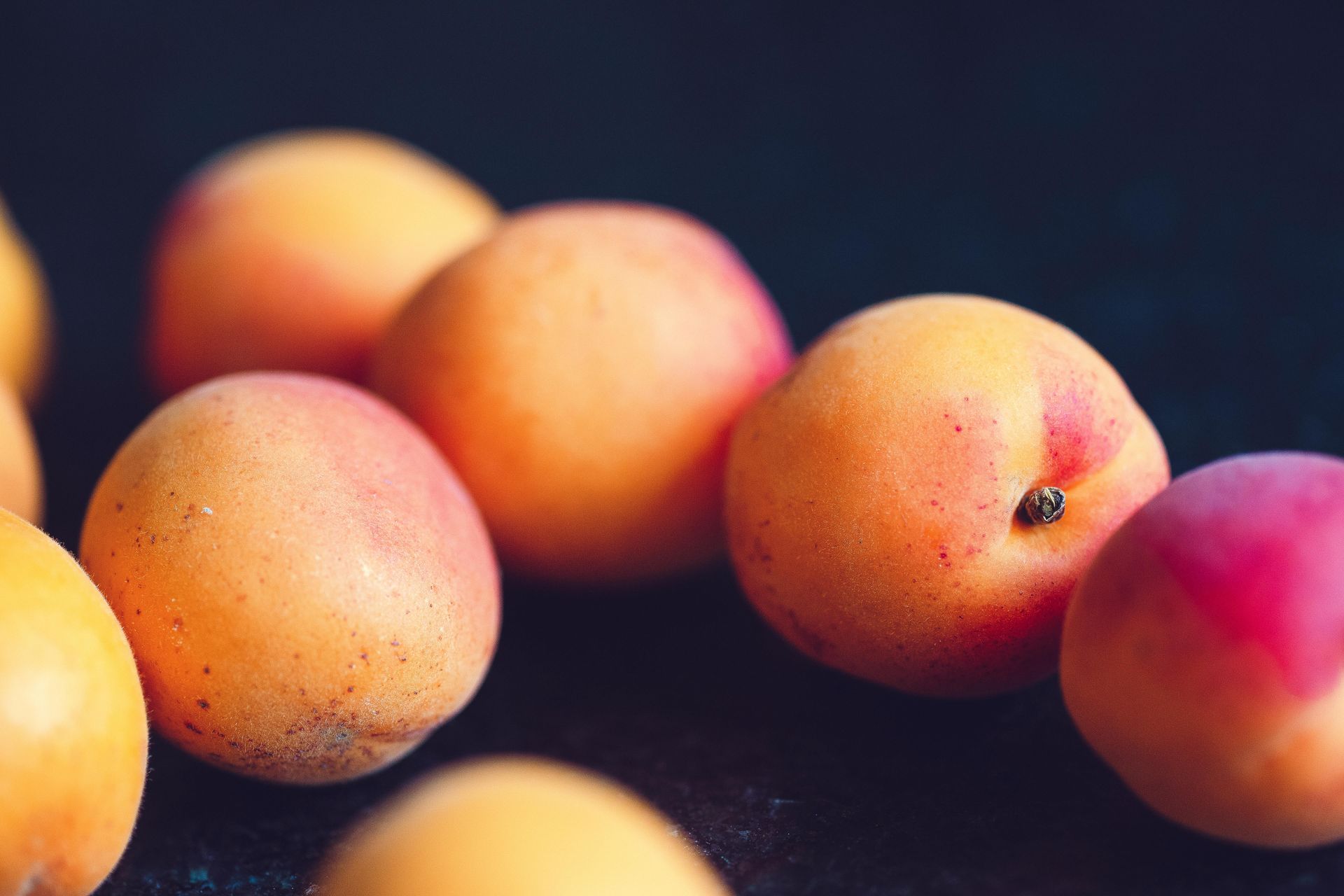A new covid variant called Omicron, new risks, and new restrictions
Hello Omicron, goodbye peace of mind... the latest ‘variant of concern’ was first detected in South Africa just a few days ago. It’s also in the EU and we just heard there are several cases in Scotland as well as a few in England, Hong Kong, and Israel. Now it’s a matter of identifying how far it has spread and how prevalent it is compared to the previous most dangerous variant, Delta.
So what do we know about Omicron so far? Here’s some insight from New Scientist magazine, a reliable source of covid insight in a world where false news is rife and governments don’t always follow the science.
Omicron – The new kid in town
In South Africa only 24% of people are fully vaccinated so far. Now a new variant, originally called B.1.1.529, has turned up, and it seems to have escaped its home continent. The variant, now officially ‘of concern’ and named Omicron, comes with an unusually high number of mutations and has probably been responsible for a recent dramatic covid surge in South Africa.
We don’t know a lot about Omicron yet
South Africa’s Network for Genomic Surveillance and their government acted as fast as they could, immediately sharing information about the new threat. But we don’t know much about it so far and have no idea what the significance of the variant’s many mutations are.
On 11th November covid cases in South Africa numbered just 274. Two weeks later it was 1000. While that’s nothing compared to the UK, which counted 50,000 cases on 26th November alone, it made alarm bells ring. Most of the cases in South Africa are in the Gauteng area and all of the 77 cases looked at between 12th and 20th November were Omicron.
Omicron was first found on 23rd November, in samples taken on 14th – 16th. On the same day the UK Health Security Agency set up travel restrictions for people arriving from South Africa, Botswana, Lesotho, Eswatini, Zimbabwe and Namibia. On 26th The World Health Organization classed it as a ‘variant of concern’.
About Omicron’s mutations
The variant’s mutations have been called ‘very unusual’. It has more than 30 mutations in the spike protein, and other potential mutations might mean it can bypass our immune systems as well as make it more infectious and harder to treat. But we really don’t know yet. The only thing we can say for sure is that in theory, the ‘effectiveness of antibodies produced by covid-19 vaccines would be compromised.’ And that means it might be more resistant to antibody treatments like Regeneron... which is very worrying indeed. Watch this space – we’ll report on the new science and research weekly.
One good thing? So far it looks like Omicron doesn’t make the illness any more severe.
How to stay safe from Omicron
As we mentioned, nobody knows how transmissible the new variant is. If it isn’t actually as transmissible as Delta, the world will heave a sigh of relief. In the meantime all the usual applies. Social distancing, handwashing, mask-wearing, vaccines and boosters are all good. For now, that’s the best scientific advice anyone can provide.
You need UVC anti covid robot tech
This thing just keeps rumbling on. It won’t be long before we hit the two year covid anniversary. To provide your business with a measure of security, protect your people and keep customers safe against new variants of the coronavirus, we highly recommend you use one of our brilliant UVC LED covid killer robots.










